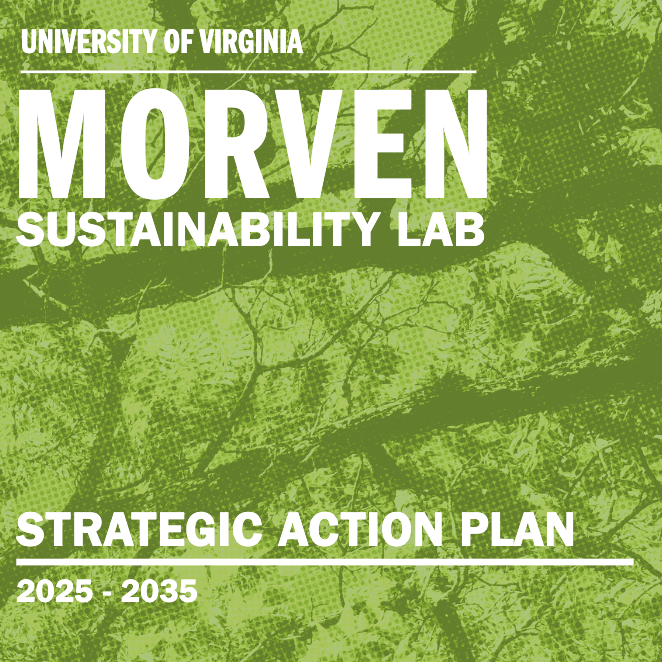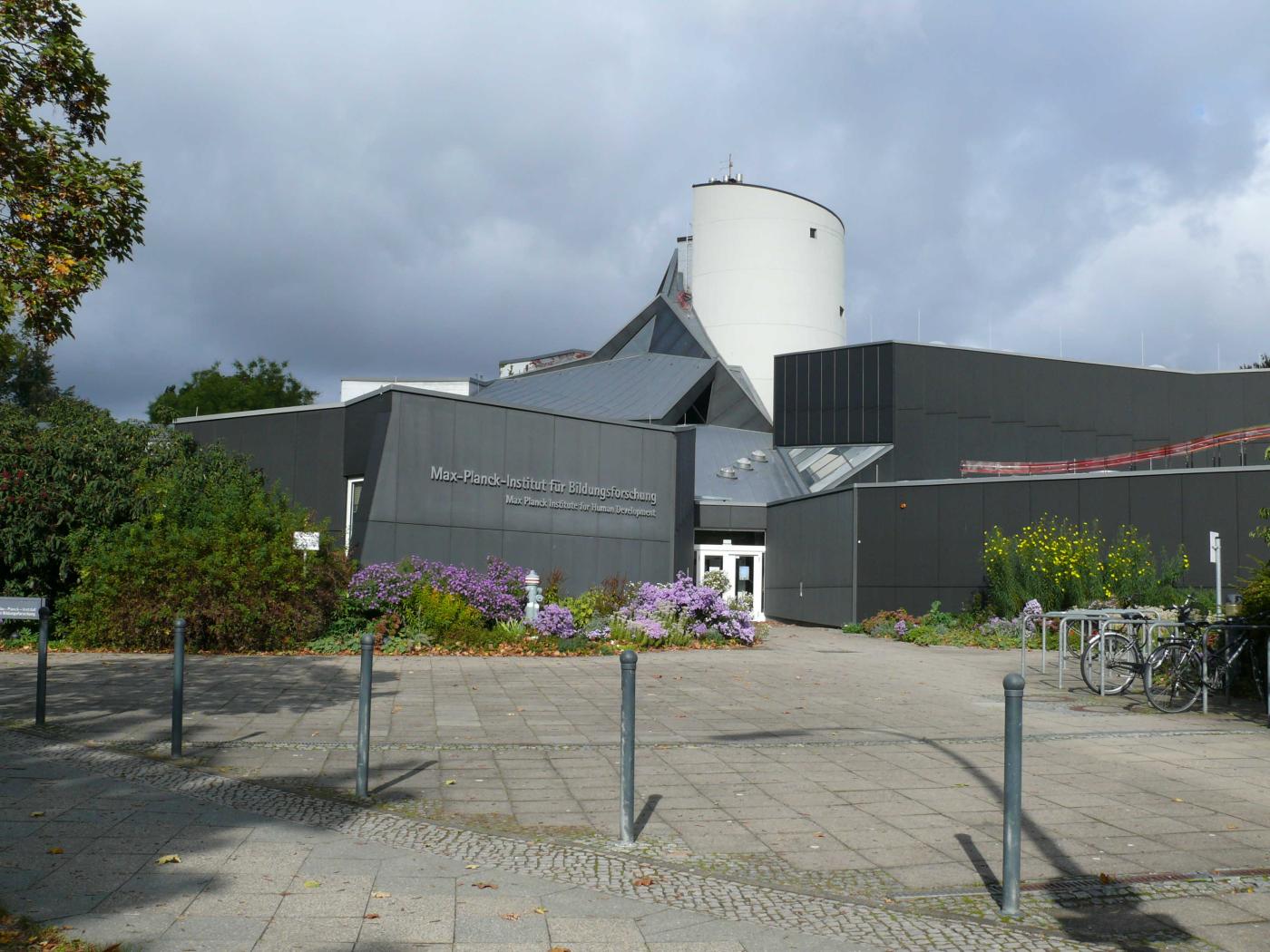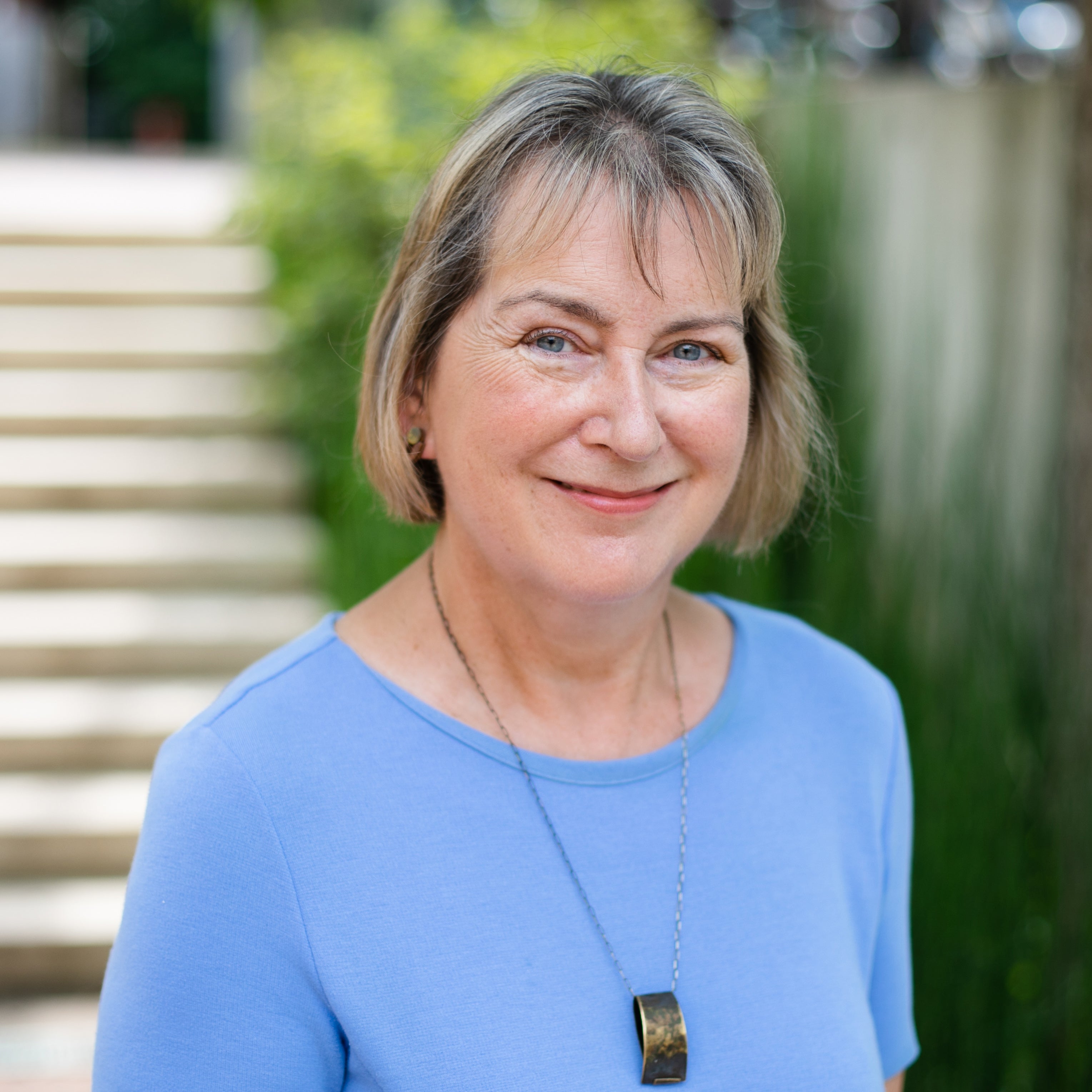
Professor Jenny Roe named to the Max Planck Institute's Scientific Advisory Board

The Max Planck Institute for Human Development recently named Jenny Roe, Mary Irene DeShong Professor of Design and Health (Department of Urban and Environmental Planning), to its Scientific Advisory Board (SAB). An environmental psychologist and former head of Landscape Architecture for an international architectural practice, Roe brings a wealth of knowledge and expertise to this position. In recent years, Roe co-authored Restorative Cities: Urban Design for Mental Health and Wellbeing (2021) and Infrastructure, Wellbeing and the Measurement of Happiness (2022).

“The Max Planck Institute is ranked amongst the best and most prestigious research institutions worldwide and it's an incredible honor to be invited to join their Scientific Advisory Board.” said Roe.
Roe's term will begin in 2025 and conclude in 2030, for which she will join other advisory board members to provide advice in relation to the Institute and an assessment of its performance. The SAB's guidance supports strategic management decisions both at the level of the Institute and for the Max-Planck-Gesellschaft as a whole.
The Max Planck Institute for Human Development belongs to the Max Planck Society for the Advancement of Science, one of the leading organizations for basic research in Europe. The Max Planck Society conducts basic research in the natural sciences, life sciences, and humanities. Since its foundation in 1948, twenty Nobel laureates have emerged from its ranks. The Max Planck Society, with its more than 80 Max Planck Institutes and facilities, is the international flagship for German science: in addition to five foreign institutions, it operates another 20 Max Planck Centers with research institutions such as the Princeton University in the USA, the Paris University Sciences Po in France, the University College London in UK, and the University of Tokyo in Japan.
The Max Planck Institute is involved in numerous national and international collaborative research efforts with universities and non-university research institutions. Their collective work is dedicated to the study of human development, education, and human-machine interaction. Researchers of various disciplines; including psychology, education, sociology, medicine, history, economics, computer science, and mathematics; work together on interdisciplinary projects at the Berlin Institute.
The research questions they examine include how people make effective decisions even under time pressure and information overload, how the school as an institution affects students; development and learning processes, how the interaction between behavior and brain function changes over a person's lifespan, how human emotions change in a historical context and how they have affected the course of history itself, as well as what social innovations and challenges digitalization brings with it.
More about the Max Planck Society
Knowledge is everything. And basic research is the most important process to understand our world and broaden our horizon. Among all the basic research institutions worldwide, the Max Planck Society provides one of the best environments for top scientists. But how exactly do we make this possible? Here it is -- Explained in 75 seconds.
|
Image

|


